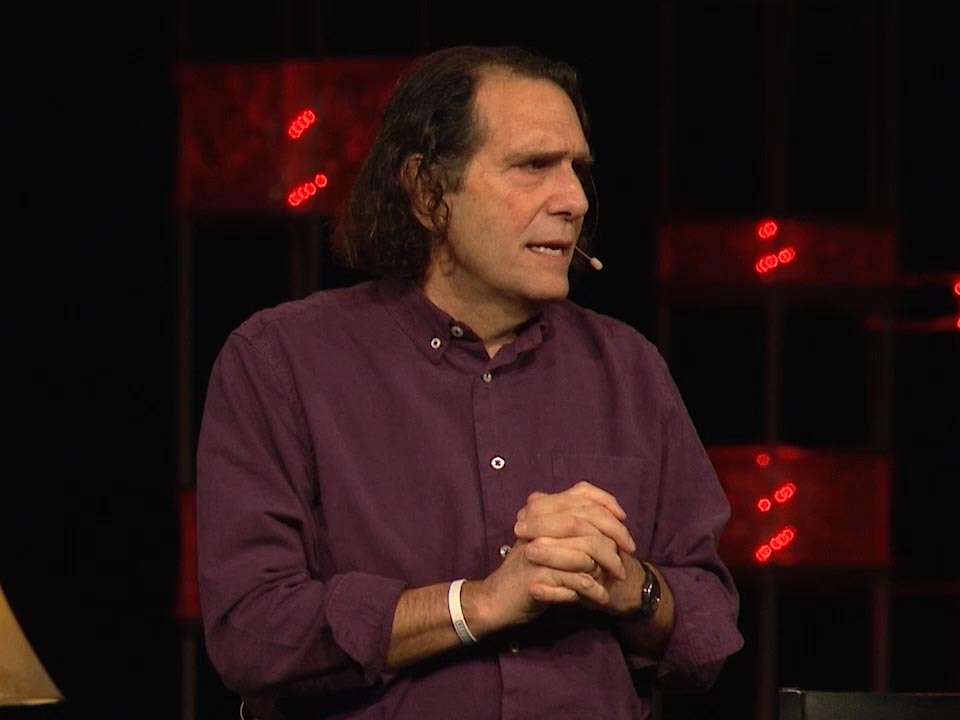Understanding Trauma and Abuse
We all have experienced trauma. It is an inevitable part of living in the world. Whether emotional, physical, sexual, racial, or spiritual, trauma can stem from individual, familial, cultural, and systemic issues.
Trauma is the psychological, physical, and spiritual damage that occurs when an individual is subjected to overwhelming stress that exceeds their ability to cope or process the associated emotions.
Trauma doesn’t happen in isolation; it occurs in relationships or as a result of significant events. When left unresolved, trauma can become embedded in the brain and body, often going unrecognized or unaddressed due to a lack of understanding, language, attunement, or care.
Traumatic experiences, encoded in our brains and bodies as stories, become part of our narrative, even as fragments, sensations, or dissociated unconscious processes. Because we are wired to make meaning through story, the narrative process opens the door to true transformation – body, mind, and soul.
Fragmentation, numbing, and isolation are core trauma responses. Recognizing these responses and considering their broader implications, not only for the individual but also within larger societal contexts, are vital to move toward healing.
While many can recognize trauma, naming abuse is often much harder. Yet, understanding the impact of abuse on your body, mind, and spirit is a crucial step toward healing.
Abuse happens when power and authority are misused, resulting in exploitation. It can be overt or subtle, and may arise within personal relationships or larger systemic structures. As humans living in relationship with others, we are inevitably exposed to power dynamics, which means that we all have experienced abuse to some degree, making it a shared but often unspoken reality.
Naming abuse is difficult. It creates emotional and mental binds, weaving together feelings of shame, complicity, contempt, and even misplaced loyalties toward the abuser. However, boldly confronting the reality of past abuse allows us to locate the root of our pain and begin to heal.
“We’re not getting over abuse – we’re going through abuse.”
-Dr. Dan Allender
Healing Through Story
Story is central to our work because it is central to God’s work. We are wired for story—research shows that our brains naturally seek meaning and connection through narratives.
As storied people, our lives are intricately connected to the gospel—the story of being God’s people. Our stories are dynamic and interconnected. We aren’t just individuals with isolated stories; we are part of God’s story, personal and familial stories, and collective stories shaped by race, ethnicity, gender, and sexuality. These layers influence how we relate to the world.
When stories of harm are woven into these dynamics, it’s important to remember that God, the ultimate author, seeks to bring redemption and healing. The pain of trauma and abuse is real, often distorting our minds, bodies, or relationships – but we believe that evil will never have the final word.
True healing doesn’t come by denying, forgetting, or leaving our stories behind. Our stories are deeply revealing, not abstract or distant, but embodied and lived. They show us who we are and how we can move toward healing and wholeness.
The path to healing trauma begins with our willingness to courageously enter our stories of pain and harm. By sharing our stories with trusted others who are able to name both our deep woundedness and our deep goodness, we cultivate a deeper capacity to recognize and embrace our purpose and engage in life-giving relationships with God and others.
Because abuse happens within relationships, true healing also thrives in relational contexts. At the heart of the Narrative Focused Trauma Care (NFTC) methodology is the transformative power of small group work. These safe, facilitated spaces offer opportunities to share stories of heartache, receive compassion, and open pathways to healing. In community, we can explore both our wounds and our goodness, cultivating a sense of purpose and connection with God and others.
Through a unique blend of psychoeducation and skilled narrative work, our trained NFTC facilitators help individuals confront the deepest and most painful parts of their stories—where shame, horror, and humiliation often reside. In the safety of small groups, these narratives can be engaged with support and compassion. This holistic approach empowers individuals to find meaning in their experiences, tell fuller truths, and ultimately redeem their stories, leading to greater freedom and healing.
“When our story is dismantled in the face of kindness and strength, the power of shame can’t prevail. Kindness wins. Love triumphs.”
-Dr. Dan Allender, Healing the Wounded Heart
A Journey Towards Wholeness
We are designed for perpetual wholeness, safety, and prosperity in connection with ourselves, others, and God—a state called Shalom. Shalom goes beyond our individual experiences, emphasizing our interconnectedness with God, ourselves, and our communities.
However, in a world marred by trauma and abuse, our attempts to protect ourselves often lead to further separation from true connection and delight. Naming this reality allows us to authentically move toward restoring Shalom and achieving deep, lasting healing in our lives and communities.
This theological perspective is the driving force behind our work. We firmly believe that healing is not just a possibility – it’s what we’re made for.
Healing to Lead
At the heart of the Narrative Focused Trauma Care methodology is the belief that you can only guide someone as far as you’ve gone yourself. Inviting others into a healing process isn’t just about their journey; it necessitates your ongoing growth and healing too. This mutual journey not only sharpens your ability to lead others towards healing but also empowers your calling to support others without compromising your own well-being.






